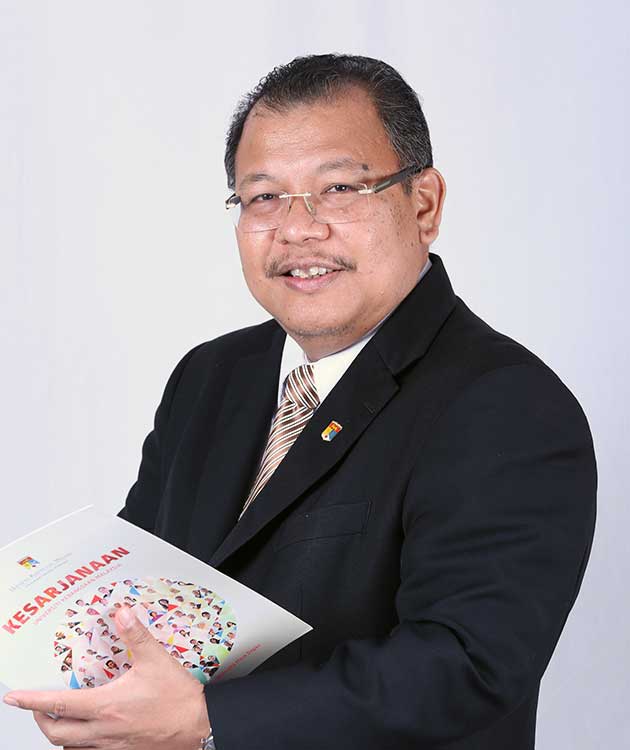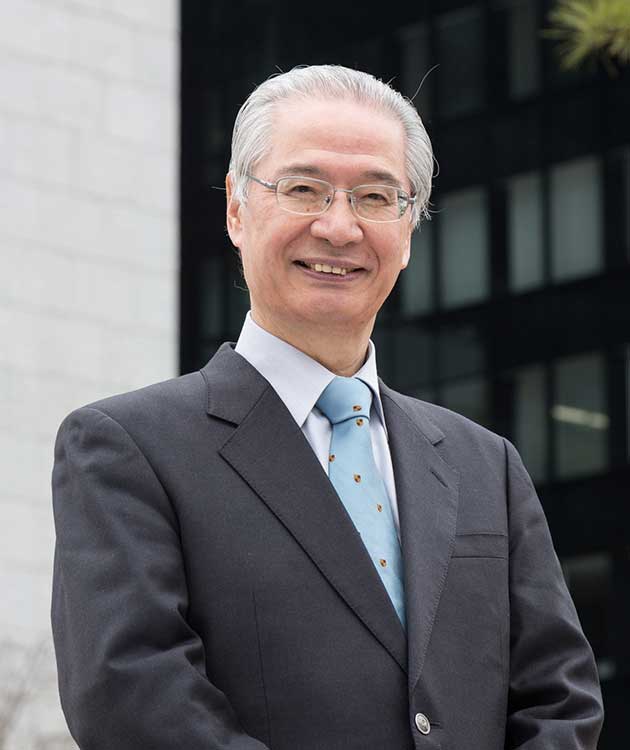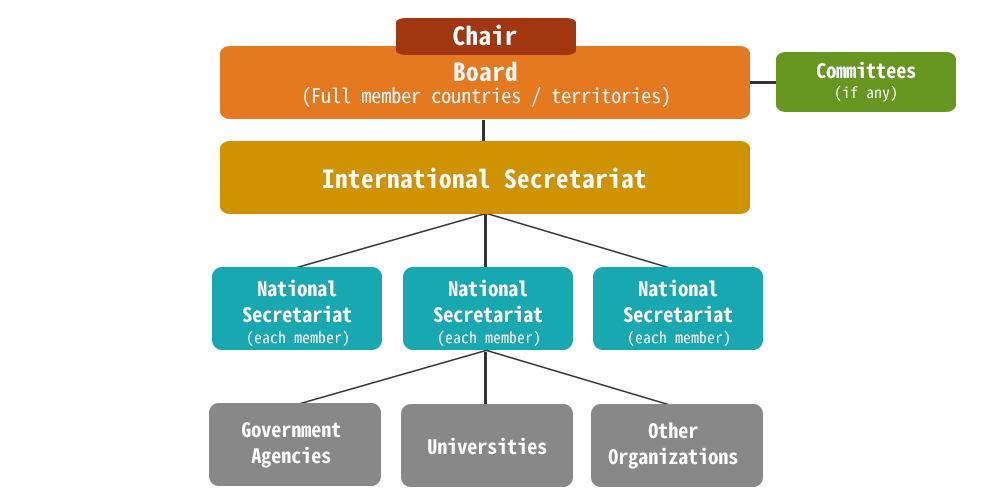UMAP is the acronym for the “University Mobility in Asia and the Pacific”. Founded in 1991, it is a voluntary association of government and non-government representatives of the higher education (university) sector.
The general aim of UMAP is for each of the countries and territories in the Asia- Pacific region to achieve a better understanding of the cultural, economic and social systems of the other countries and territories in the region through enhanced cooperation among higher education institutions and increased mobility of university students and staff.




